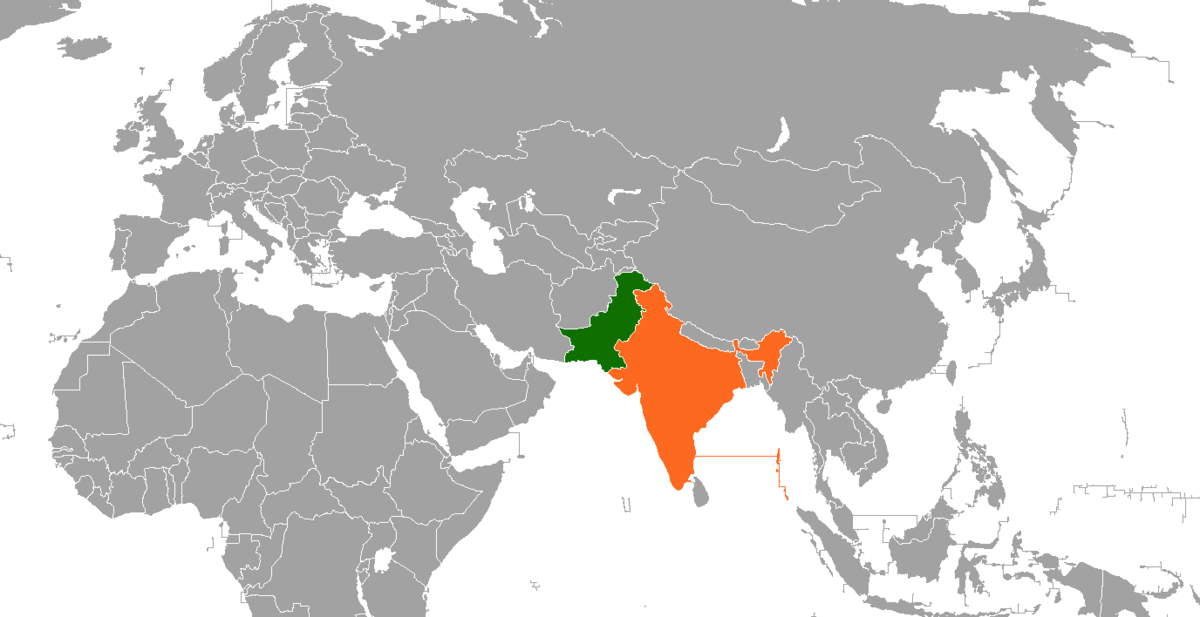
Their op-ed points to a notable shift in US priorities, noting that diplomacy has recently leaned toward New Delhi for good reason. While longstanding US interests in Pakistan—counter-terrorism and curbing nuclear proliferation—remain, they argue, they pale compared with the “multifaceted and consequential interests” vested in India’s future role on the global stage.
Sullivan and Campbell decry what they describe as a “rapid and regrettable downturn” in relations between Washington and New Delhi, exacerbated by steep tariffs, India’s energy ties with Russia, and heightened tensions linked to Pakistan. They warn that continued friction only serves to weaken critical US-India ties. They reference Prime Minister Modi’s meetings with Presidents Xi Jinping and Vladimir Putin at the Shanghai Cooperation Organisation Summit in Tianjin as a tangible illustration of strategic drift, cautioning that the United States may be nudging India toward competing power blocs.
To address this, Sullivan and Campbell propose a bold reimagining of US-India relations: a ten-year strategic alliance rooted in shared commitments across technology, defence, supply chains, intelligence, and global challenges—not just a traditional mutual-defence pact. They reaffirm that such an alliance would not compromise India’s strategic autonomy. “Alliances are about alignment and common purpose—not about sacrificing sovereignty,” they assert.
Speaking to PBS NewsHour, Kurt Campbell expressed alarm at how rapidly ties appeared to have degraded. He said the architects of the US-India relationship were “in shock and concerned by what we've seen in terms of the substantial degradation in relations in just a couple of weeks,” and warned that Prime Minister Modi’s posture signals a clear intention to tolerate alternatives.
Through a balanced lens, the argument acknowledges that US relationships with both India and Pakistan remain important—but emphasizes that a nuanced strategy must reflect the evolving geopolitical significance of each. Sullivan and Campbell invite Washington to recognise India’s emergence as a key global partner and to recalibrate policy accordingly.
